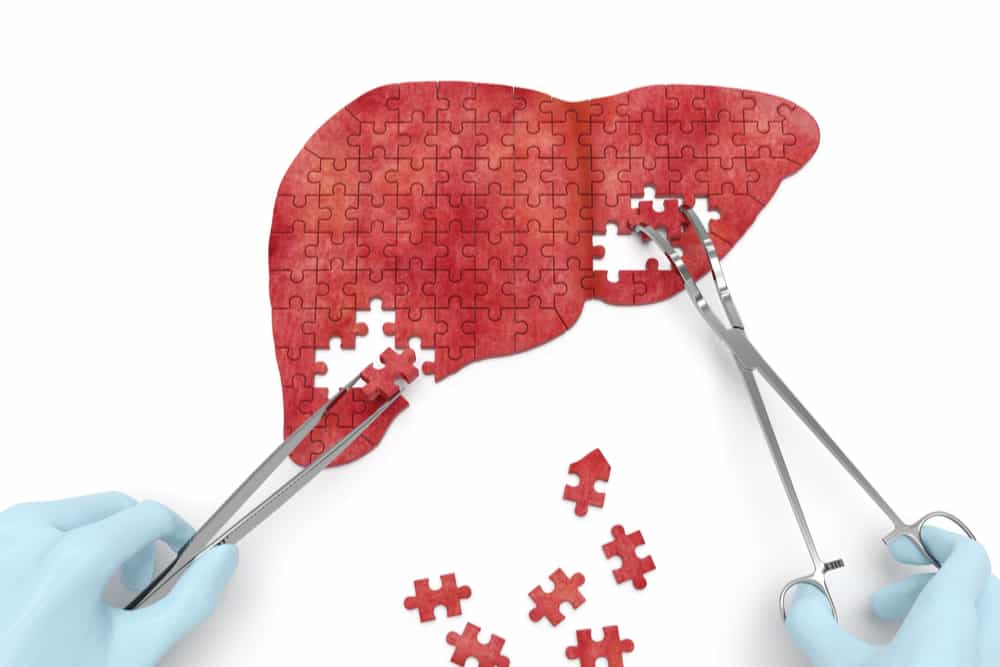Contents:
- Medical Video: Lactose Intolerance vs. Milk Protein Allergy - Dr. Elaine Barfield & Shara Wagowski, RD
- Milk allergy in infants
- Lactose intolerance in infants
Medical Video: Lactose Intolerance vs. Milk Protein Allergy - Dr. Elaine Barfield & Shara Wagowski, RD
Cow's milk allergy and cow's milk intolerance (lactose intolerance or lactose intolerance) like a coin that has two different surfaces. Many people think the same, even though it's actually completely different.
Milk allergy is when your baby's immune system reacts to protein in milk. This is the most common childhood allergy, occurring in 2-7 percent of babies. Babies who have eczema are more likely to suffer from milk allergies.
Lactose intolerance is when your baby has difficulty digesting lactose, which is a natural sugar contained in milk. Lactose intolerance in infants usually occurs after a stomach infection (viral gastroenteritis). This can last about four weeks before the intestine recovers and begins to experience lactose damage again.
Milk allergy in infants
Your baby gets milk protein through breast milk if you often drink or eat dairy products. Or, babies may react to cow formula.
Milk contains two types of protein:
- Casein, which is the curd formed when the milk turns sour
- Whey, is the watery part left when the curd is gone
Your baby may be allergic to one or both of these proteins.
If your baby is allergic, he will react immediately after drinking or eating something with milk ingredients. His face will turn red and appear a red rash, and also tends to have runny eyes and stuffy nose. Babies will also experience diarrhea, and can experience a rare but more serious reaction, called anaphylaxis.
Your doctor can find out if your baby has allergies by talking about the baby's reaction and taking blood samples. Your doctor may only need to do a heel prick test to get a blood sample to test.
Most milk allergies can immediately see the reaction, but late allergic reactions that appear are also common. Your baby may experience eczema, reflux, diarrhea or constipation, and may not gain weight (failure to thrive). Remember that babies often have symptoms like this, and allergies are the only cause of this.
Milk allergy symptoms are similar to abdominal pain, a phase that many babies experience. However, if your baby is constantly crying, one reason might be due to milk allergy. Then check your baby to the doctor to find out.
It will be difficult to know if your baby has a late allergic reaction, because it involves an immune system that takes longer to respond.
Your doctor and nutritionist will forbid you from consuming milk if you breastfeed, or ask you not to put milk into the baby's diet if he has started eating solid food. This can be a long process. The nutritionist will review the symptoms in the baby and gradually try to increase the amount of milk to see if the symptoms will recur. Always tell your doctor or nutritionist before deciding to stop certain foods from your baby's daily diet.
If your baby is allergic to milk, talk to your doctor before changing the formula. This may not be a reason to switch to soy-based products, because many babies who are allergic to milk can also have the same reaction to soy milk.
Your doctor may recommend giving your baby a hypoallergenic formula specifically in this situation. It may be in the form of amino acid based formula or fully hydrolyzed, which you can get from recipes.
Milk allergy in your baby will generally disappear over time. If an allergic reaction to late milk appears, your child may be able to overcome this allergy when he is three years old. If he has a direct allergic reaction, allergies may end in his teenage years. Milk allergy is rare in adults, less than one percent who experience this allergy.
However, about half of babies and children who are allergic to milk will have other allergies when they are older. Unfortunately, between half and 80 percent of milk-allergic children have asthma.
Lactose intolerance in infants
Intolerance reactions do not involve the immune system. If your baby has lactose intolerance, chances are he will experience a deficiency of the lactase enzyme, which is needed to produce lactose.
Your baby can experience lactose intolerance in a short time after he has a stomach disorder. If your baby is given formula milk, the doctor may advise you to give lactose-free formula for a short time.
READ ALSO:
- 8 excess almond milk compared to other milk
- Why babies should not drink cow's milk
- Allergy to cow's milk? How come?











